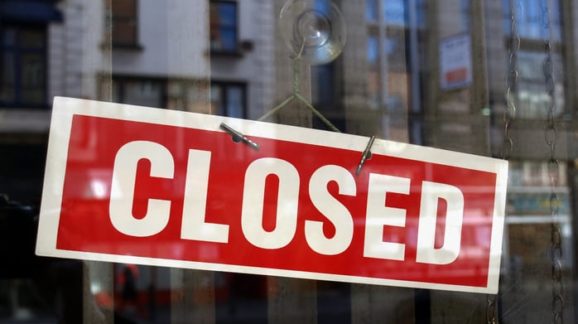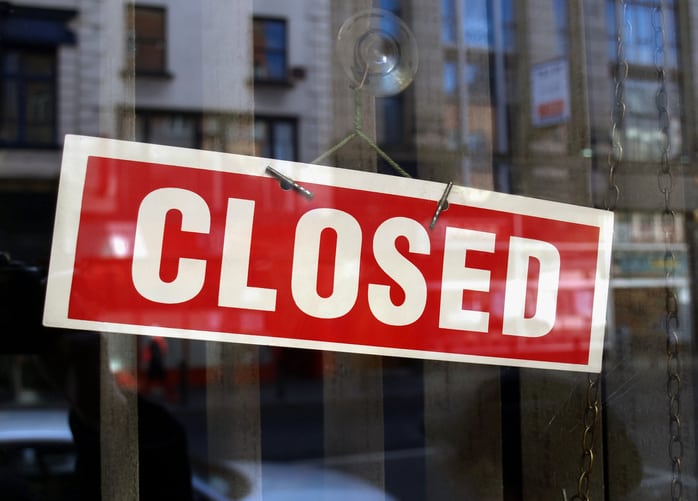Reversing Opening Comes at a Price

Photo Credit: Getty
 This is one of those things that is kind of obvious but needs to be pointed out anyway: Reversing opening your state’s economy due to fears of a COVID-19 resurgence is something that comes at an economic price. The Labor Department’s most recent report on unemployment insurance claims bears out.
This is one of those things that is kind of obvious but needs to be pointed out anyway: Reversing opening your state’s economy due to fears of a COVID-19 resurgence is something that comes at an economic price. The Labor Department’s most recent report on unemployment insurance claims bears out.
The report found that that total number of claims nationally was 1.4 million, an increase of 109,000 from the previous week. The rise in cases came primarily from five states: Florida (+65,890); Georgia (+ 33,292); California (+20,123); Washington state (+16,116); and Indiana (+16,116). Four of those five states have either roll backed or at least paused their reopenings.
California reopened on May 25, but imposed sweeping new restrictions earlier this month, forcing restaurants, bars, museums, zoos and movie theaters to halt all indoor activities. Florida reopened on May 4, but last month prohibited drinking at bars. Washington reopened on May 26, but paused that on July 2 and starting this week prohibited all live entertainment and placed limits on public gatherings. Indiana reopened on May 4, but on July 1 put that on pause.
Georgia would appear to be the exception, since it reopened on April 24 and Governor Brian Kemp has fought to keep it open. That ignores the fact that he has clashed with both local and federal officials over this, including President Trump. The Atlanta City Council implemented more restrictive regulations, effectively trying to override the state’s directives. A legal battle followed, recently going into arbitration.
So, reversing openings forces business to close (again) and people to return taking assistance (again). The whiplash from this is an additional problem. Businesses that tried to make plans and investments suddenly had to scrap those and eat the losses. People who had hoped to find themselves back to earning a living instead have to scrape by again, only this time their savings more depleted and they’re more likely to think, “Why bother?” on returning to work.
This doesn’t mean that the states were necessarily wrong to reverse the openings. Lives are at stake and public health should come first. But such things do have to be carefully weighed against the other harm they will cause. After all, they don’t call economics the “dismal science” for nothing.